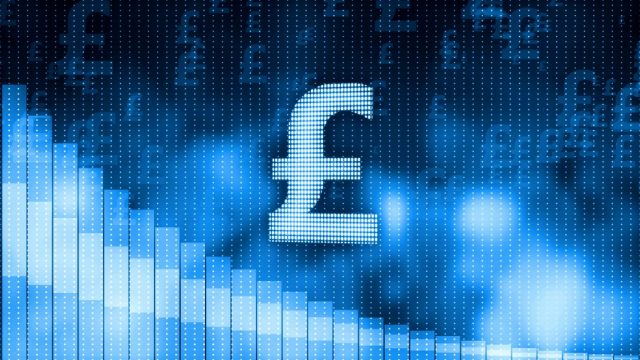Last month’s consumer prices index of inflation (CPI) fell to 1.7 per cent in August – the slowest rate of inflation since December 2016 – according to new figures published by the Office of National Statistics (ONS).
Economists had anticipated the index to fall, but only by 0.2 per cent. Instead, the CPI fell by double that margin, pushed down by falling prices of computer games and clothes.
The slower rate of price growth will represent an increase in living standards by boosting real earnings after adjustment for inflation, whilst incomes are already rising at the fastest rate since autumn 2015, 2.1 per cent, due to the high employment rate forcing hirers to increase starting salaries as people leave the job market. Year-on-year quarterly average wage growth in July was even higher, at 4 per cent – the fastest pace since May 2008.
Recent figures released by the Association of Independent Professionals and the Self-Employed showed that contractors business pay rates had started to increase in the second quarter of 2019, albeit marginally, following a slump at the end of last year. Daily rates of managers, directors and senior officials increased from £489 to £517 from the first quarter of 2019 to the second quarter.
Jing Teow, an economist at ‘big four’ accountants PricewaterhouseCoopers, said that the combination of slowing inflation and rising wages “delivers a substantial boost to UK households’ spending power that will help to support the economy”.
Uncertainty over the United Kingdom’s departure from the European Union failing to dissipate over recent years has led to business investment including contractors business being put on hold, leading to household spending becoming an increasingly important driver of the economy.
As inflation has now fallen below the government’s 2 per cent target rate, the Bank of England has another major reason to hold interest rates at 0.75 per cent this week, keeping mortgage repayments steady.
“The inflation rate has fallen noticeably into August, to its lowest since late 2016,” said ONS statistician Mike Hardie. “This was mainly driven by a decrease in computer game prices, plus clothing prices rising by less than last year after the end of the summer sales.”
Other factors that caused the drop in inflation were falling prices of toys and hobbies, sea fares and cultural goods and services including hotels and restaurants, according to the ONS. These falls were in part offset by higher prices for air fares, food and non-alcoholic drinks.
Pound sterling fell by 0.4 per cent against the US dollar after the inflation figures were published.
The decelerating inflation rate was mirrored by a slowdown in the growth of house prices to the lowest rate since September 2012. Average house prices in the UK increased by 0.7 per cent in the year to July.
Commenting on the inflation figures, chancellor of the exchequer Sajid Javid said: “Low inflation and high wage growth means people’s hard-earned cash is going further, helping them to provide for their families.”
18th September 2019.









